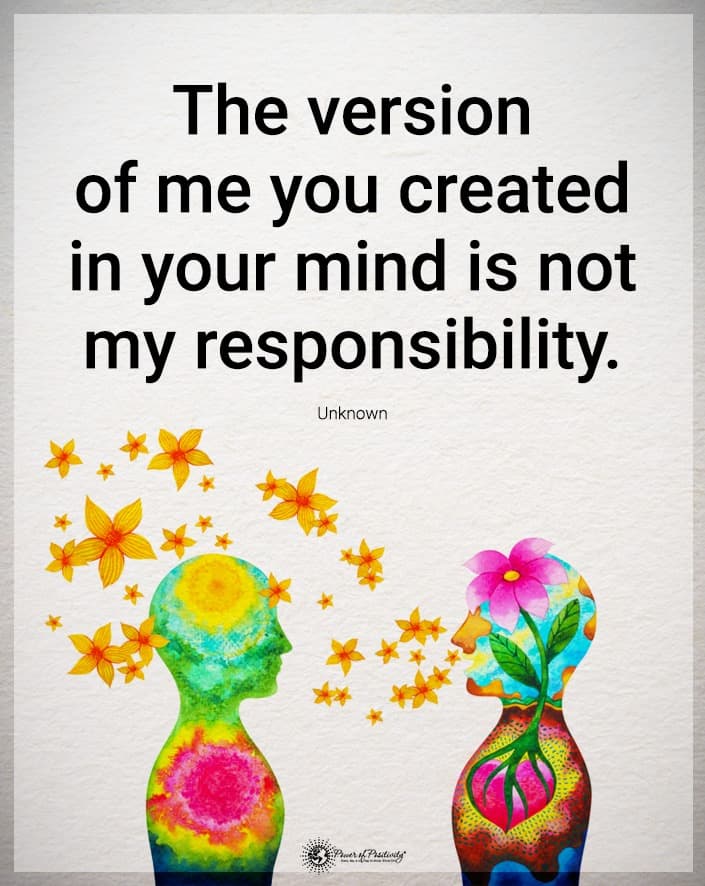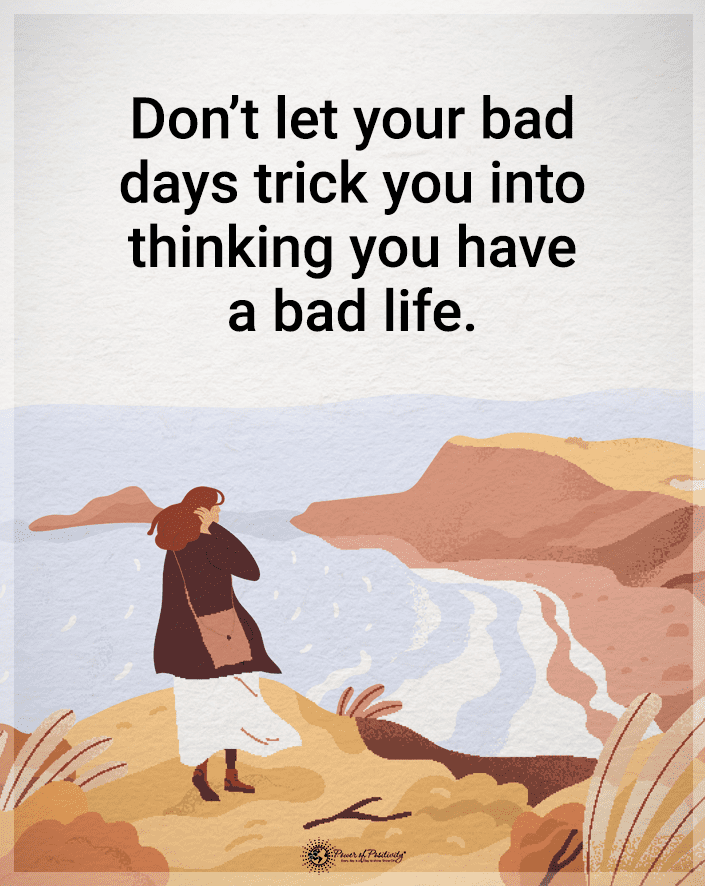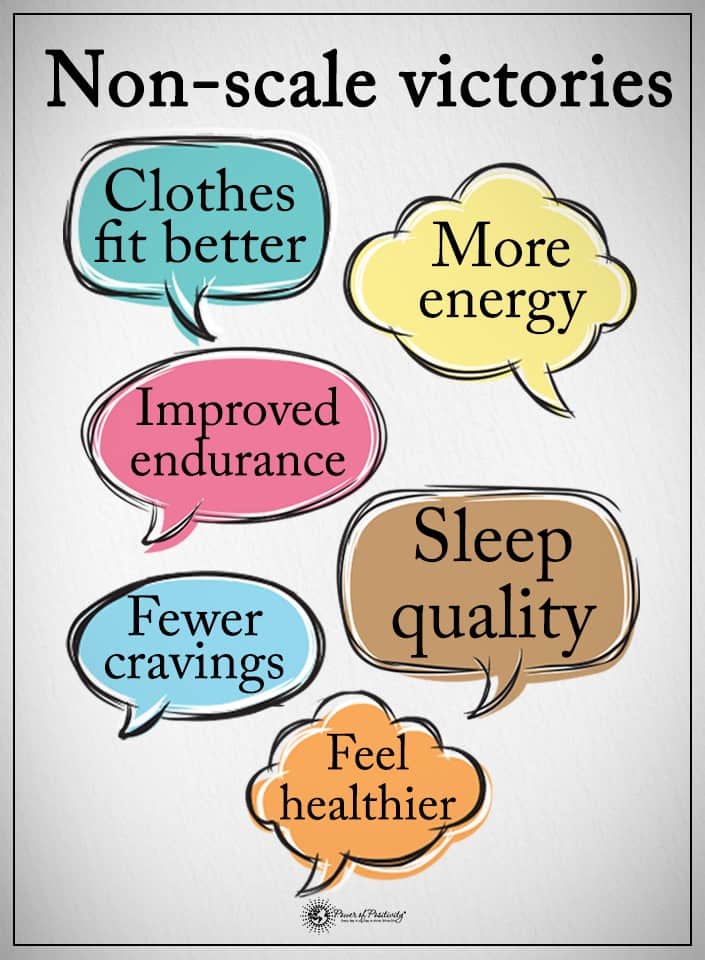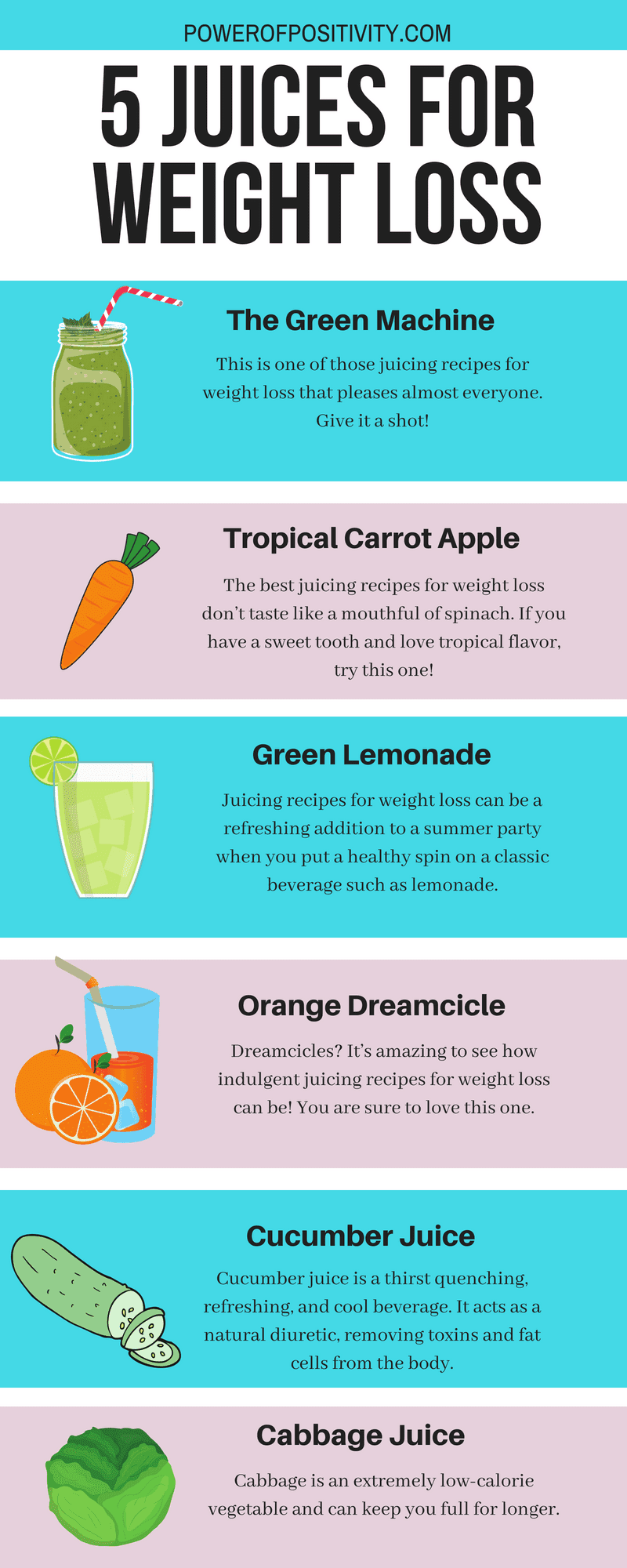Of all the health practices, the need to detox your lungs is arguably the most abused and ignored. Whatever happens, to be in the air when we breathe, is instantly deposited into the lungs. You’ve already seen the ubiquitous ads warning against smoking. When was the last time you saw something on television about air pollutants? Greenhouse gases? The dangers of burning coal?
Let’s use coal as an example. Despite the recent pontification regarding the innocence of coal-burning, it is “the (United States) top source of carbon dioxide (CO2) emissions, the primary cause of global warming …a leading cause of smog, acid rain, and toxic air pollution.”
“Our lungs interact with the environment,” explains Dr. Lisa A. Maier, head of the National Jewish Health’s environmental and occupational health sciences in Denver, Colorado. “We literally breath in everything that’s around us.”
While nearly every other developed country in the world is enacting safeguards against air pollutants, the U.S. has undone over 20 environmental rules over the past year, endangering its citizen’s health and well-being.
Environmental Impacts May Increase the Need to Detox Your Lungs
As bad as this situation is, many places worldwide have it much worse, where few to no environmental regulations or safeguards exist. India, for example, is a fast-developing nation with one of the worst environmental records of any country. As Radhika Joshi eloquently states in a piece titled, ‘Ignore environmental protection at your own peril,’
“Said to be at the top of the development chain, humans have become the embodiment of destruction of nature. The lap of nature in which evolution takes place is deteriorating due to the greed of humanity.”
If we can’t rely on elected officials to hold themselves accountable on such an important issue, we must take control of the controllable and preserve our health.
The nuances of preventative medicine are beyond the scope of this article. However, simple and effective ways, say, to protect your lungs, are not. We will focus on the latter.
How to Naturally Detox Your Lungs
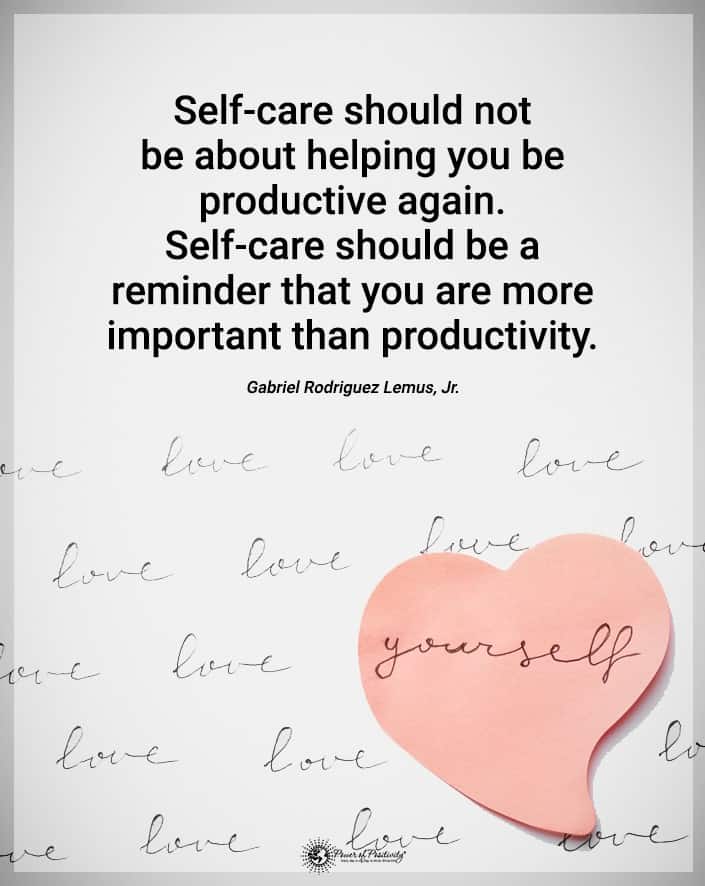
“Finding out you have cancer is never good news: but in the ‘hierarchy’ of malignant disease, lung cancer is one of the hardest to diagnose, one of the (hardest) to treat, and one that tends to have a poor prognosis.” – Joanna Moorhead
1. Quit Smoking
The obvious solution for protecting the lungs is to refrain from smoking. Per the American Cancer Society (ACS), smoking is by far the leading cause of lung cancer – accounting for about 80 to 85 percent of lung cancer deaths.
Per the ACS, while “smoking is clearly the strongest risk factor for lung cancer,” the habit “often interacts with other known risk factors….” The most explicit link, unsurprisingly, is genetics.
It’s also worth noting, per the National Health Service (U.K.), that “non-smoking women who share their house with a smoking partner are 25 percent more likely to develop lung cancer than non-smoking women (with) a non-smoking partner.”
2. Get your antioxidants
A healthy and well-balanced diet with plenty of antioxidants is an excellent way to detox the lungs (and other organs.) Antioxidants ward off harmful free radicals that harm healthy cells. Research shows that antioxidants “enhance lung capability and improve the quality of breathing” in clinical settings.
Good sources of antioxidants include blueberries, broccoli, fish, grapes, green tea, spinach, and sweet potatoes.
3. Break a sweat
Once again, researchers prove the extraordinary benefits of exercise. A half-hour, three to four times per week, or 20 minutes of high-intensity interval training three times weekly is enough to keep your lungs pumping.
Consider taking up the Tabata Workout – a four-minute HIIT regimen designed for Japanese Olympians if you’re stretched for time. (Warning: this workout is intense.)
4. Consider your environment
Whatever potential environment(s) you can and should control, you can. First, ensure that your home and workplace and well-ventilated. Second, if your occupation involves handling hazardous materials (e.g., construction workers, painters, assembly line workers, etc.), wear a personal respirator or dust mask. (Explain your rationale on the off-chance that your employer or customer objects. If they’re unaccommodating, you have legal ramifications. Do NOT put your health at risk.)
Consider moving if you know your state/city/town/village is a toxic environment. Is this a drastic step? Not really, if you consider the health implications of staying put.
5. Learn how to breathe
On the surface, this last one (admittedly) may sound a bit crazy… hear us out.
Most people do not know how to breathe. Don’t believe us? Observe how you’re living now.
The problem is that we tend to take shallow breaths. The solution: the lungs are an expandable organ. Understand this physiology and practice deep breathing a few times per week. You’ll expand your lungs, reduce stress, and feel more energetic.
Thich Nhat Hanh, a Vietnamese Monk and one of the most respected figures within the Buddhist Philosophy, sums it up better than anyone, “Breathe in deeply to bring your mind home to your body.”
Six Healthy Benefits You Experience After You Detox Your Lungs
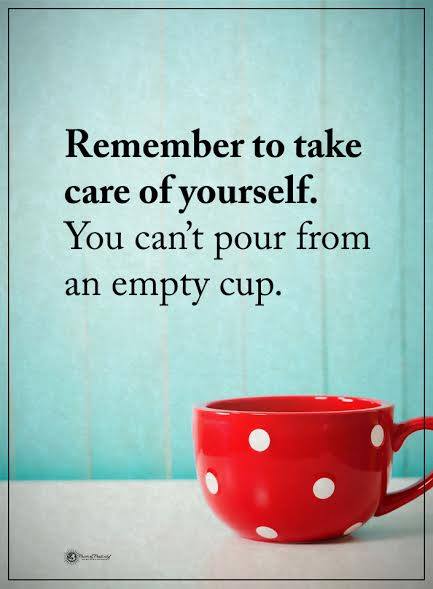
There are no quick fixes to heal your lungs, but practicing healthy habits will go a long way in helping your lungs. Here are some benefits of having healthy lung habits.
1. You will breathe easier after you detox your lungs
When you quit smoking, it stops tar and nicotine from building up in your lungs. In the United States, smoking causes 1 out of 5 deaths. Cleaner lungs mean more minor lung damage and easier breathing. It will be worth it if you stop smoking for five days or ten years. When you give up smoking, it will improve your ability to breathe and help you feel better. Other benefits after you detox your lungs from smoke include:
- Help your blood circulation.
- Stop smelling like smoke.
- Get your sense of taste and smell back.
- Reduce your risks of having a stroke, cancer, or heart attack
- Provide an excellent example for your kids and grandkids
2. You’ll feel motivated to eat healthier and notice any problems, sooner
When you eat a healthy diet, it improves your lungs. Eat foods rich in antioxidants, minerals, and vitamins for the best results. Besides eating nutritious foods, see your doctor once a year. They will check your breathing; if they notice anything, they can prescribe an x-ray.
3. Restore your lungs to a fuller capacity
Regular exercise boosts your lung capacity and improves chronic lung disease. Restoring your lungs means you’ll be able to walk farther without feeling out of breath. Start by walking at least 30 minutes a day if you’re exercising. You can break up walking for fifteen minutes in the morning and fifteen minutes in the evening. Over time, increase your walking time to 45 minutes. Keep a regular pace. Increase your rate as you feel stronger.
4. Better quality air to breathe
When you detox your lungs, you’ll know the air you’re breathing. Avoid breathing polluted air when possible. Avoid secondhand smoke chemicals at work or home. Get your radon tested regularly. Stop using aerosols, scented candles, and other sprays that could damage your lungs. This will improve the air in your home and improve your lung capacity.
5. Removes carbon dioxide from your body
When you’re getting more oxygen into your lungs, it helps rid your lungs of carbon dioxide. If you suffer from lung disease, it reduces the oxygen to your lungs and increases the amount of carbon dioxide you have in your body.
6. You will better avoid sickness if you detox your lungs
Another benefit of keeping your lungs healthy is that you won’t get sick as often. Several things keep your respiratory system infection-free, such as these:
- Wash your hands with soap and water
- Avoid crowded areas during flu season
- Avoid touching your mouth or nose.
- Brush your teeth twice a day. See your dentist twice a year for cleanings and examinations.
Final Thoughts on Detoxing Your Lungs for Better Health
Lung disease can go undetected until you’re seriously ill. Keep your lungs healthy with preventative check-ups, exercise, healthy eating, and breathing in clean air. The benefits will be a healthier, happy life.




